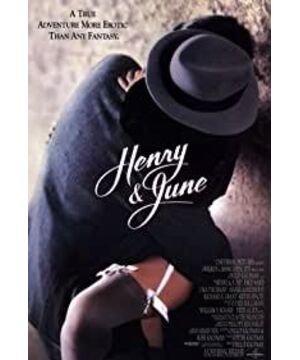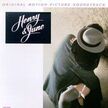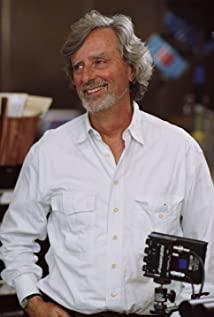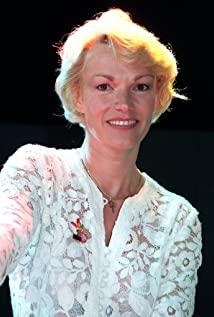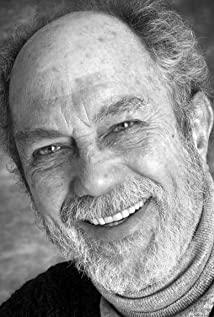Two writers (a man and a woman), a dirty woman (sympathetic) eager to be her muse. What makes me uncomfortable is the presence of power in this triangle. They are more erotic than the average person, and as a result make love lives seem as unreliable as politics.
In the first half, the performance of Anais' character is very bad, her accent is awkward, she speaks like a dissatisfied housewife (the kind that takes the literary route, her eyes are hazy and whispering), her cherry-like lips are painted dark red , a retro hairstyle decorated with patches on his heart-like face, lining his oval forehead. After I finally got used to it, I found that this slightly uneasy attitude was in line with the temperament of the story.
It ends with a monologue of a very beautiful poem. I started to re-understand the whole story, and then realized that the source of that thick artificiality was that eroticism, embodied in the demands of sexual liberation, had to be a huge part of life. And the result is actually the same as usual: to realize that love has passed away, and to know how to continue to be a (female) person. It does remind me of the weird contrived air in The Tea Man Trilogy (also by a female writer), and I guess it's this passion for escalating specific ingredients (they're not traditionally common) caused. The title of this film is Henry & June. If I understand it from Anais’ perspective (the story is based on the records of the parties, but the director is a male), it can confirm some of my prejudice against female writers.
View more about Henry & June reviews


